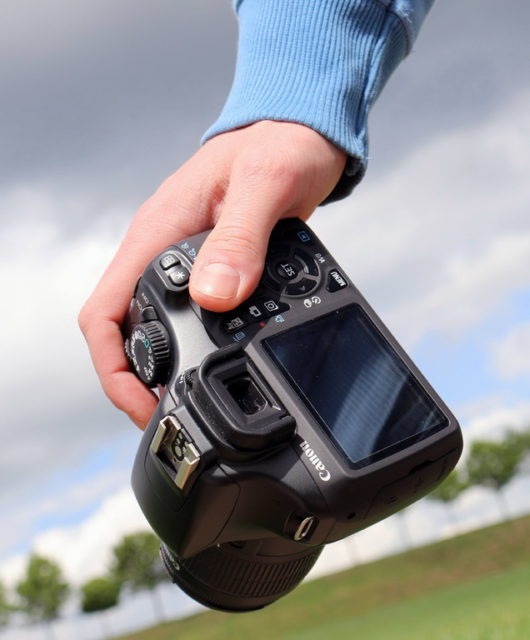5 Tips for Fishing From a Boat

Some would say there’s nothing better than a day spent fishing. Others would disagree and say that the only thing better than a day spent fishing is a day spent fishing on a boat. But if you’re going to do the latter, it’s important that you know what you’re doing.
Table of Contents
Try These 5 Tips
Fishing on a boat isn’t as simple as grabbing your tackle and boarding a boat. If you’re going to be safe and successful, it’s imperative that you do your research and plan ahead. As you do so, keep the following tips in mind:
1. Select the Right Type of Boat
The first thing to think about is the type of boat you’ll be using to fish. There are dozens of makes, models, and styles – each of which comes with its own set of pros and cons. There are bass boats, cheap fishing boats for sale, center consoles, deck boats, speed boats, yachts, pontoons, sailboats, workarounds, etc. While you don’t necessarily need a boat that’s specifically designed for fishing, it does help.
In addition to boat performance, think about the type of boat top you’ll need to protect yourself from the sun. While a bass boat won’t have any sort of coverage, a center console boat or pontoon boat is likely to have a bimini top or T-top. Without the appropriate coverage, your experience could quickly go from comfortable to miserable. An alternative to boats will be a fishing kayak. Nevertheless, this decision is up to you, and one will be more suitable than another depending on your preferences, fishing style, and experience.
2. Bring the Right Gear
In addition to having the right boat, you need the appropriate gear. Carefully think about where you’re fishing, the type of water, the fish you’re targeting, and the experience level of all the anglers involved.
On top of bringing the right gear, be sure you properly store and maintain the gear so that you can enjoy continued use over many years. Be prepared to change out fishing leaders and lines as necessary. It’s also possible that artificial bait will need to be replaced with greater frequency than when you’re fishing from the shoreline.
3. Learn to Cast From a Boat
There are pros and cons to casting from a boat. But if nothing else, it’s a far different experience than casting on shore.
“In a boat, you can maneuver closer to, or even directly on top of, the fish you are trying to catch,” writes Stephanie Vatalaro of Recreational Boating and Fishing Foundation. “This removes the need for long, forceful casts. Keep your casts smooth and try to reduce the noise as much as possible.”
It’s equally important to think about where you’re positioned on the boat in relation to other people on board. Give plenty of space when casting and always look behind you prior to releasing. The front of the boat is typically the ideal place to fish. There are fewer obstructions and better sightlines.
4. Control Your Drift
In order to increase the likelihood of catching fish, think about boat drift and adjust the angle and speed of your vessel to account for different factors.
As Sport Fishing Magazine’s Jim Hendricks explains, “Many boats tend to drift with the bow pointed down-sea. This limits your spread to the width of the transom. However, sometimes turning the outboard or rudder into the breeze will cause the boat to drift beam-to, allowing you drift baits from bow to stern – a wider spread increases the chances of putting a bait in front of fish.”
A drift sock – also known as a sea anchor or drogue – can assist in turning the boat beam-to, which expands the spread and slows the drift.
5. Consider Hiring a Guide
It’s often hard to navigate your boat and enjoy meaningful fishing time at the same time. If you want to spend the majority of your time fishing, consider hiring a guide. This guide will not only help you find the best fishing holes, but he’ll also navigate the vessel so that you can spend more time casting.
When choosing a guide, ask about their experience and what sort of fishing they specialize in. It’s also important to understand what comes with the price. Will they provide the boat, tackle, gas, etc.? Does the guide bait your lines and clean your fish for you? Is there a no-fish, no-pay policy? (And if there is, what are the exact terms?) All of these details matter when choosing a guide. Don’t make the mistake of selecting the guide who is the cheapest or most convenient. Saving a few dollars won’t matter if the fishing trip is a bust.
Enjoy Your Day on the Water
It’s certainly true that a bad day fishing on a boat is better than a good day spent working. But who wants to have a bad day fishing? With a little planning, you can elevate your experience and learn to cherish each moment. Hopefully this article has given you an idea of the practical steps you can take to have an enjoyable experience.









